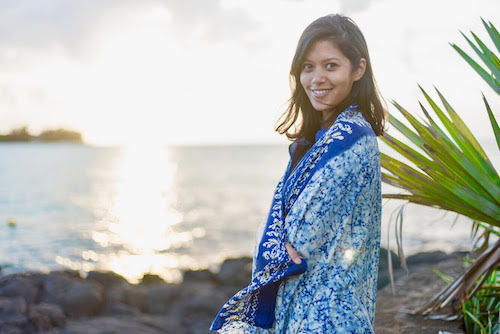(Editor’s note: Confused about why you can use PIN cards in the Netherlands but often can’t use cash, yet you need cash for many transactions in Germany and can’t use PIN cards? So are we. This post about money and payment options in Portugal is the first installment in a series about personal finance across Europe.)
In Portugal, the use of debit and credit cards is common and widespread, particularly in major cities such as Lisbon and Porto. Most card machines offer all three options to make a payment using your card: a quick contactless payment where you tap your card to the machine; swiping your card; or inserting the chip part into the machine. Sometimes the contactless option does not work simply due to faulty signals, but you can always insert or swipe your card instead if that happens.
Although most restaurants and consumer services places allow for card payment, there are always a few that ask for cash only. Some only allow you to use your card if the amount is at least 5 euros. But if you are just getting a bica (an espresso that is sold in every small cafe all over Portugal), then the unspoken rule is to pay for your espresso with cash as they rarely cost more than 1 euro.
I would recommend always carrying about 10 to 20 euros in cash just in case as you just never know which place might say “cash only.” For instance, you can find places like the Oriental Market in Lisbon where one food stall accepts a card payment, but the one right next to it says cash only.
At laundromats, you can do your laundry by putting cash (bills and coins) into the payment machine or by purchasing a laundromat card and adding funds to that.
Banks and banking apps
One thing I was pleasantly surprised to find in Portugal was the MB Way app, with MB standing for “multibanco,” Portugal’s interbank network operated by Sociedade Interbancária de Serviços S.A. Almost all of Portugal’s banks and some global financial payment systems are connected to the MB WAY platform.
The exception is PayPal. PayPal is a payment system that does not operate within the MB WAY app nor has any technical relation to it. They are different and independent payment systems, and they exist as products from separated technological platforms, according to SIBS executives.
It has multiple convenient uses:
• You can easily send to or request money from people in your phone contact list.
• You can pay your bills and make payments to service providers.
• You can create a one-time only card via the app to buy something online safely.
• You can withdraw money from the ATM using your MB Way app if you don’t have your bank card with you.
• And you can make purchases from physical stores.
The app and all of its operations are free. The only requirement to use the MB WAY app is to have a Portuguese phone number and a Portuguese bank account. MB WAY also works with international phone numbers if connected to Portuguese bank accounts!
Transportation
Regarding getting around: public transportation such as buses accept cash. But to get on the metro, you will need to buy a metro card at the machine at the station. The machines accept cards and cash. The metro card can also be used on buses and trains.
For tolls and parking, you can use a bank card, cash or Via Verde, an electronic toll collection system that you can also sometimes use to pay for gas or food at a drive-thru.
You can rent or buy the small Via Verde machine, which is directly connected to your bank account and stick it on the windshield. Some rental cars even offer Via Verde with the car as each Via Verde card is linked to a car, not to an individual.
In general, Portugal has made payments very easy and convenient. But in any case, if you need to withdraw money, there are ATMs everywhere. If you have a Portuguese bank account, you are not charged a fee if you are withdrawing at a regular ATM (the one that says Multibanco).
However, if you are using one of those yellow ATM machines, you will be charged a fee even if you have a Portuguese bank card. For foreign bank cards, even those from EU countries, the fees depend on your bank’s terms and conditions.

About the author:
A graduate of Claremont Graduate University in Claremont, Calif., Liina Edun has a background in psychology and a career in writing and content management.
Having lived most of her life as an expat, she is currently located in Lisbon.
See all of her work for Dispatches here.
See more on Dispatches here about Portugal.














